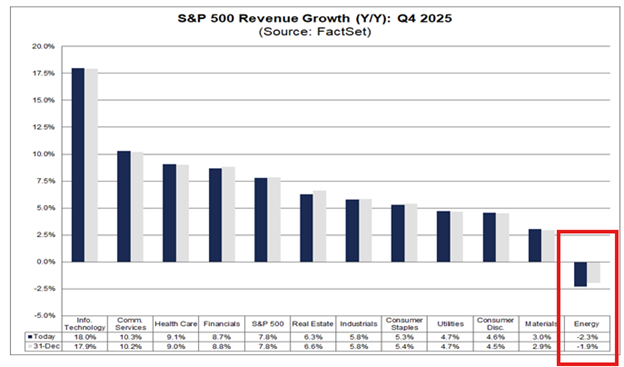In many developing countries, protectionism is on the rise. It promises hope that a country can build their economy from the ground up and grow into a developed economy. A common obstacle to that goal is a poor understanding of economics which often hinders the country as politicians create roadblocks on the path toward prosperity. Protectionists in developing countries often argue that their economies are not resilient enough to compete in global markets yet and therefore require government intervention to survive. In reality, promoting industries that cannot survive on their own is a waste of time, money and resources.
It is easy to see why such reasoning appeals to the common layman. Start-ups fail often and have a hard time competing with established businesses, so asking for them to be propped up and supported does not seem to be a bad idea. However, this does not consider the opportunity cost of resources. Not every country ought to produce everything since autarky is significantly less efficient than free trade. For example, developing countries are likely not going to be able to produce cars as well as countries such as the United States or Germany. Adopting protectionist policies that would prohibit or tax the import of cars from the United States or Germany into one’s country would harm its citizens by limiting their choices and allowing them fewer options. Consumers would either have to compromise on quality or pay higher prices due to them being effectively forced to buy from politically protected firms.
It is true that protectionism helps an industry grow more than it otherwise would since it eliminates competition. However, this happens at the expense of everyone else in favor of politically favored firms that are chosen as the industries that ought to be protected. In a pure free market, production would take place where it is more efficient to do so. It would be done where a comparative advantage exists. Protectionist policies distort this by creating legal barriers to the sale of goods across international borders. Therefore, it mandates inefficiency for the sake of wanting to promote a specific type of politically popular industry.
Implementing these policies requires resources, either directly through subsidies or indirectly by having consumers endure higher prices through tariffs. These resources can be used elsewhere in the development of capital which may actually be useful in production processes in developing countries. Due to the nature of individuals to better their lives, the uninterrupted free market will lead to the economy of a country reflecting how they can best produce value.
Further, protectionists who wish to prop up infant industries eventually want them to be exporters. This is often because of a wish to reduce trade deficits which too is based on economic fallacies. These firms will likely only be competitive abroad if they receive production subsidies, which politicians and bureaucrats are all too happy to hand out. Some may believe that this creates more jobs domestically, but what it really does is force the taxpayers of the developing country to subsidize the consumption of foreigners. This ends up impoverishing the developing nation rather than helping it since the free market is impeded in favor of arbitrary metrics that make politicians look good.
There are no shortcuts to prosperity, and it is a process that takes several years and lifetimes. Protectionist policies prolong the duration from when a country grows from a developing country to a developed one. No country ever became richer by limiting the choices of its citizens or by forcing them to pay higher taxes to fund exports. Those in favor of wanting their country to be more prosperous ought to wish for a lack of government interference in the economy.
Note: The views expressed on Mises.org are not necessarily those of the Mises Institute.
Full story here Are you the author? Previous post See more for Next postTags: Featured,newsletter

























